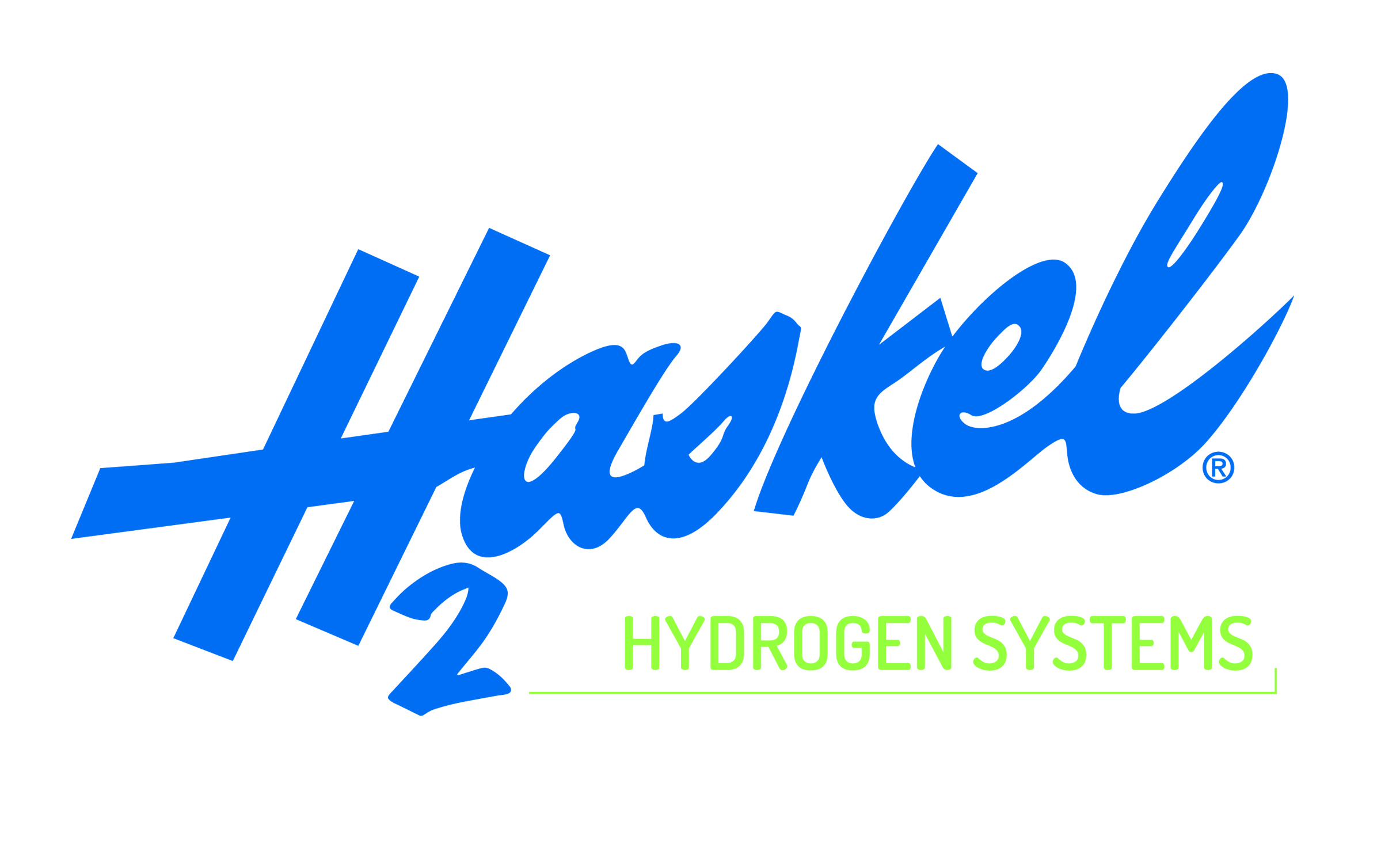The use of hydrogen is set to expand massively over the next few years. It will be a key zero emission fuel for heating homes and powering heavy duty vehicles such as buses, HGVs, trains, ships and aeroplanes. When it is used to power fuel cell electric vehicles (FCEV), the hydrogen supplied by hydrogen refuelling stations (HRS) needs to be very pure. Even trace amounts of impurities can cause the vehicle to lose performance, shorten its lifetime or even stop functioning completely.
NPL is a world leader in the accurate measurement of impurities in hydrogen fuel. We offer a commercial service where hydrogen fuel is sampled from the HRS and sent for analysis at NPL using sophisticated and sensitive instruments. This service is already used by HRS operators to periodically check that the hydrogen they sell meets required standards. Unfortunately, the process is expensive, complicated and time consuming, therefore slow to return results. It will not have the sufficient bandwidth when the number of thousands of operational HRS across the UK and Europe rises into the thousands. A much more rapid and cost-effective approach is required.
With funding from UK’s Sustainable Innovation Fund, NPL and partners are developing and testing an online hydrogen fuel quality monitoring system that will trigger a warning when impurities, that have the potential to damage a fuel cell, reach critical levels.
This system will be based on two new low-cost sensor technologies able to operate continuously at a HRS, requiring only small samples of hydrogen from the station. NPL scientists will then take a sample back to the laboratory for full analysis only when a problem is detected.
This innovative and low-cost solution is a significant improvement over current best practice. HRS operators will be notified immediately online if there is a problem with the hydrogen they are selling and act accordingly.
Ultimately, it will lead to lower priced zero emission fuels and provide consumers with greater confidence that the fuel they are buying meets internationally recognised specifications.
The prototype will be tested by the end of 2022 and the technology is likely to be commercialised with a partner company in 2025.
This project is being developed in collaboration with:




![]() Supported by experts from Imperial College London working independently.
Supported by experts from Imperial College London working independently.